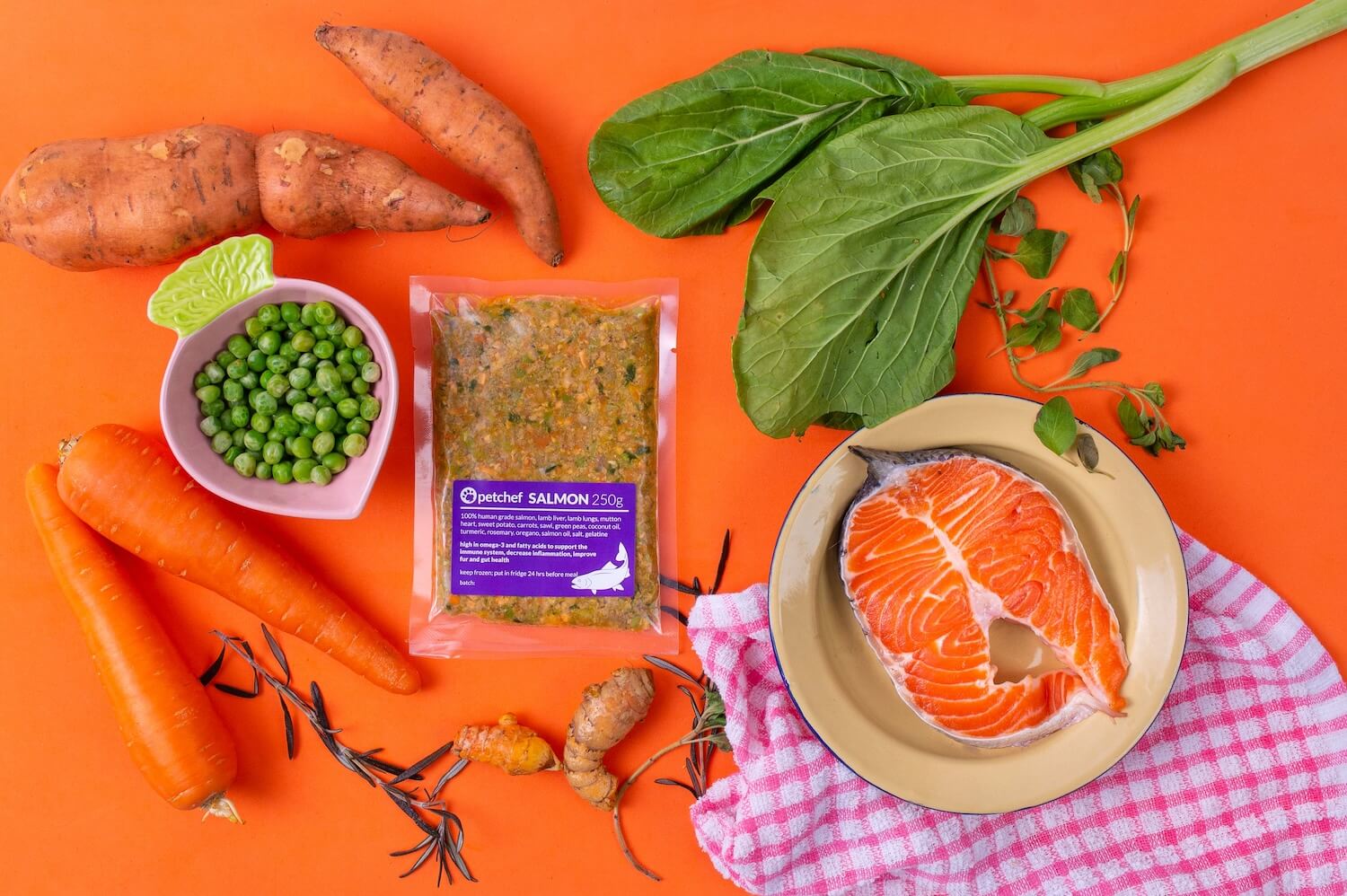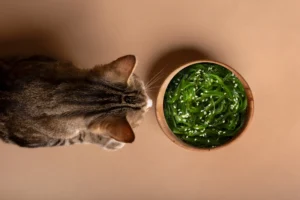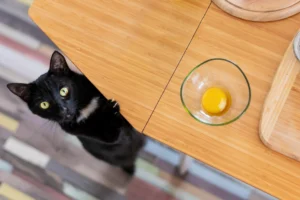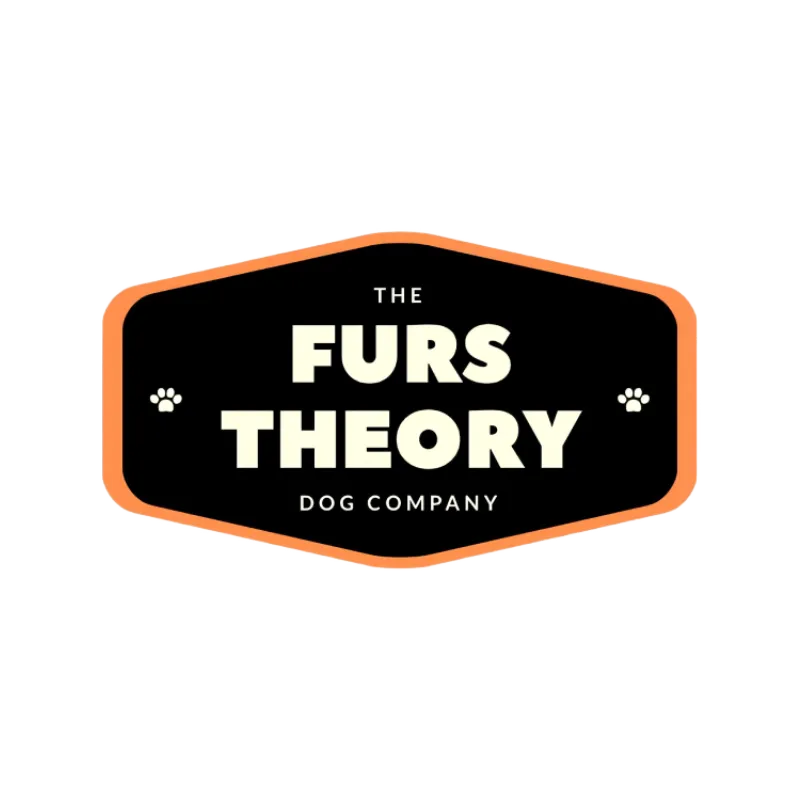Puppy dog eyes—the achilles heel of every dog owner. Undeniably, it is tempting to share everything we enjoy with our furry or non-furry loved ones. However, some enjoyable human foods can actually be really dangerous to our furkids.
Hence, here are some common human foods that shouldn’t be fed to our dogs, no matter how much they beg at the table.
FRUITS
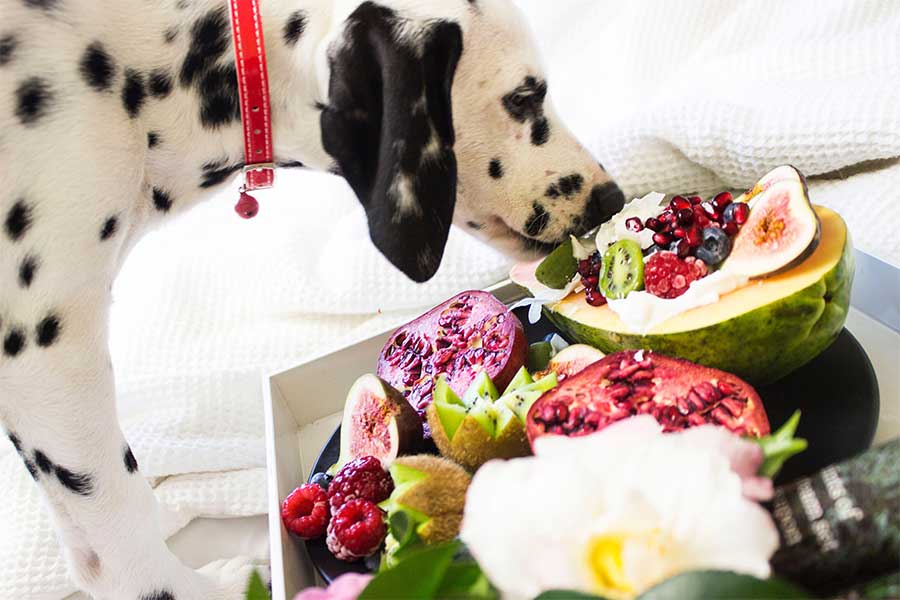
1. Avocados
Avocados may not immediately harm your dog. But even a small amount could cause pancreatitis if they have a sensitive stomach. This fruit contains a substance called persin, which is toxic to dogs and can cause vomiting and diarrhea.
Should your furkid have eaten some avocado, it’s best to keep an eye out for any vomiting, diarrhea or signs of abdominal discomfort within the next 24-48 hours.
2. Cherries
Cherry pits (or any fruit pits) contain cyanide, which is poisonous. However, the more worrying factor is when it becomes a choking hazard or blocks the intestines if a dog swallows them.
3. Citrus fruits
Interestingly enough, some pets naturally do not like the pungent smell and tartness of citrus fruits. These fruits such as oranges and lemons contain citric acid that could cause an upset stomach. In the worst cases it may lead to nervous system depression (a physiological state that can result in a decreased rate of breathing, decreased heart rate, and loss of consciousness possibly leading to coma or death) when consumed in large quantities.
So if your pet does enjoy citrus fruits, it’s fine but only in small quantities.
4. Coconut products
In our hot Malaysian weather, nothing quenches our thirst better than a glass of fresh coconut juice. Due to its high levels of electrolytes such as sodium, potassium, calcium, magnesium, and phosphorus, it’s also said to be nature’s Gatorade. Minus the added colouring and sugar of course.
But while it’s really great for our rehydration, coconut water should only be given sparingly as a treat and not as a replacement for water. As coconut water contains potassium, it could cause hyperkalemia, a condition that occurs when there is too much potassium present in the blood, which leads to kidney failure.
As for coconut oil or flesh, it’s best to limit our furkids intake as these foods can cause upset stomach or diarrhea.
5. Raisins and grapes
Ingestion of grapes, raisins, sultanas, and currants even small quantities can cause kidney failure and, in some cases, death. Although different dogs may have different levels of tolerance, it’s still best to avoid ingestion of this group of fruits.
The most common early symptom of grape or raisin toxicity is vomiting which generally happens within the next 24 hours of ingestion. Lack of appetite, lethargy and diarrhea may also be observed within the next 12-24 hours. However, the more severe signs of acute kidney failure would usually only appear after 24-48 hours after ingestion.
Hence, you should refrain from giving dogs any product that may contain these foods, such as fruit cake or malt loaf.
For a more comprehensive list of fruits that your dog can eat (including our local fruits like durian), click here.
And speaking of cake, let’s talk about desserts!
DESSERTS
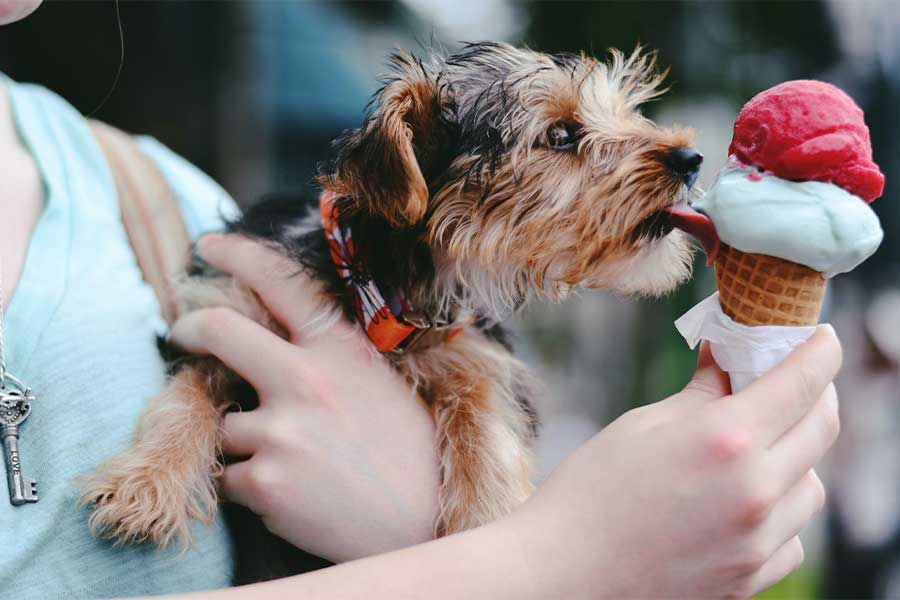
6. Chocolate, coffee, and caffeine
Not feeding your dog food containing chocolate or caffeine would be something that all dog owners or potential dog owners would hear at least once. Reasons being, chocolate and caffeine contain chemicals called methylxanthines. It’s highly toxic to dogs and can cause vomiting, an abnormal heart rate, seizures, and sometimes death.
And yes, we know there are different types of chocolate but they all pose different levels of dangers to your furkid. Baking chocolate contains the highest level of the chemical followed by the darker chocolates, milk chocolate, and white chocolate.
But worry not, the Barkery Oven has a delicious treat (Wheat Free Banana and Carob Pawffin) made with carob which is a safe alternative to chocolate for dogs.
7. Ice cream
Sweet and creamy sounds like a dream to us but it could turn into a nightmare when fed to dogs. Simply because it is rich in sugar, dairy and fatty content.
As mentioned earlier, most dogs are lactose intolerant hence the consumption of dairy can cause vomiting, diarrhea and in the worst case, gastrointestinal diseases. The high fat content can also lead to pancreatitis as is the case with fatty meats.
But should your furkid feel FOMO for not having desserts, here are other pawsible pet friendly desserts.
HUMAN SNACKS
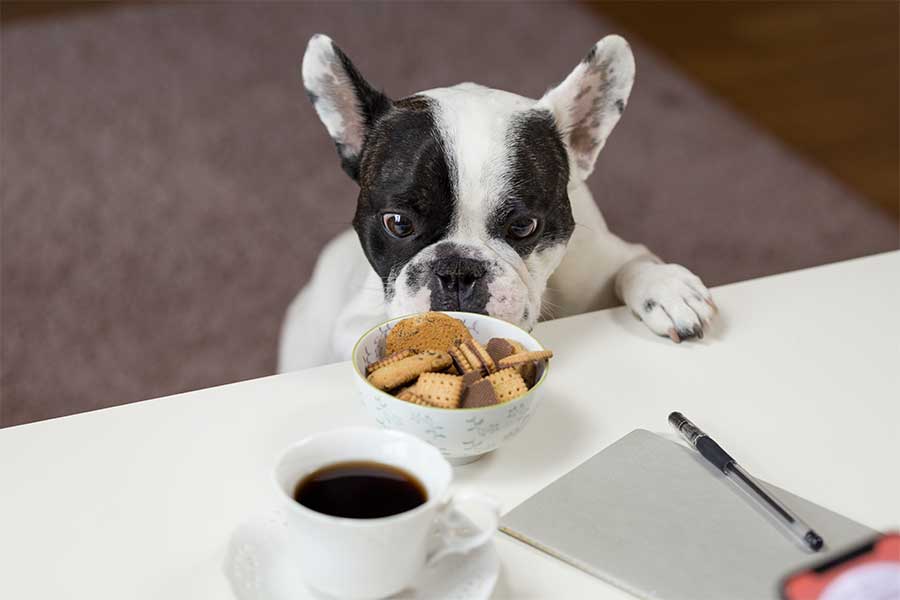
8. Chips
Most chips can contain seasoning such as garlic and onion powder as well as too much salt. The ingestion of too much salty food can cause excessive thirst and urination in dogs, as well as sodium ion poisoning.
9. Nuts
Generally speaking, dogs can have some unsalted peanuts, almonds and cashews.
However, Macadamia nuts are poisonous to dogs and can cause muscle weakness, vomiting, lethargy, and hyperthermia. Signs usually appear within 12 hours of ingestion and can last approximately 12-48 hours
Larger nuts like whole pecans or walnuts can cause stomach and/or intestinal upset or even an obstruction in a very small dog.
10. Cookies
Human cookies often contain raisins, chocolate or nuts which are all things dogs should not be ingesting. However, Blink Pets Bakery has pet cookies made from an assortment of ingredients such as apples, bananas, blueberries, pumpkin, and peanut butter.
11. Candies
Soft, hard, chewy, fizzy all a big no. These sweets would contain Xylitol which is a sugar substitute commonly added by manufacturers to a variety of human foods. It’s highly toxic to dogs and can cause liver failure and dangerously low blood sugar levels.
PS: Toothpaste and mouthwash also usually contains Xylitol, so these are NOT options to freshen up your furkid’s breath.
ADULT DRINKS
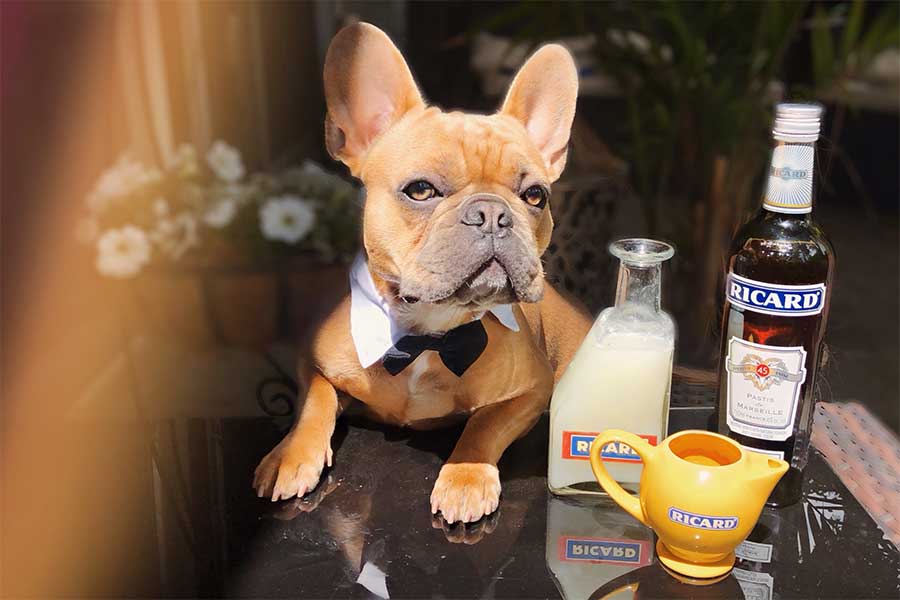
12. Alcohol
Similar to chocolate and onions, alcohol is a hard no for dogs. Even small amounts of alcohol would contain ethanol (the intoxicating agent in beer, wine, and liquor) and hops (used to brew beer) which can lead to a range of serious complications, including coma and death.
Should your furkid have accidentally had a bit to drink, you should keep an eye out for alcohol poisoning and notify your vet.
RAW FOOD
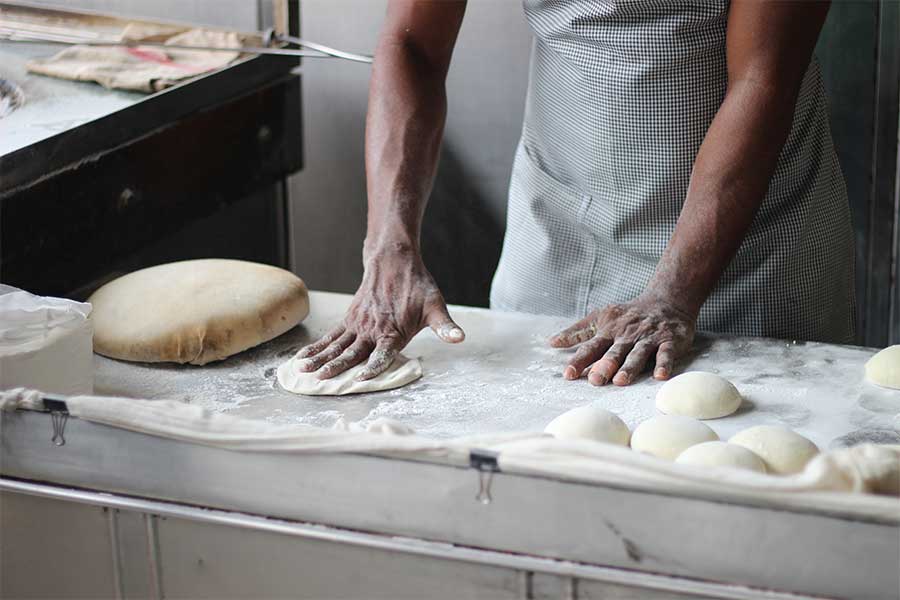
13. Raw Bread Dough
For all the baking enthusiasts out there, wine and beer isn’t the only thing that could cause alcohol poisoning in your furkid.
While bread is generally safe for dogs, the raw dough can be very dangerous as it contains yeast. When ingested, the yeast also produces ethanol which could cause alcohol poisoning. Besides that, it would also keep expanding inside the dog’s stomach, which can cause bloating and lead to dangerous complications.
HERBS AND SPICES
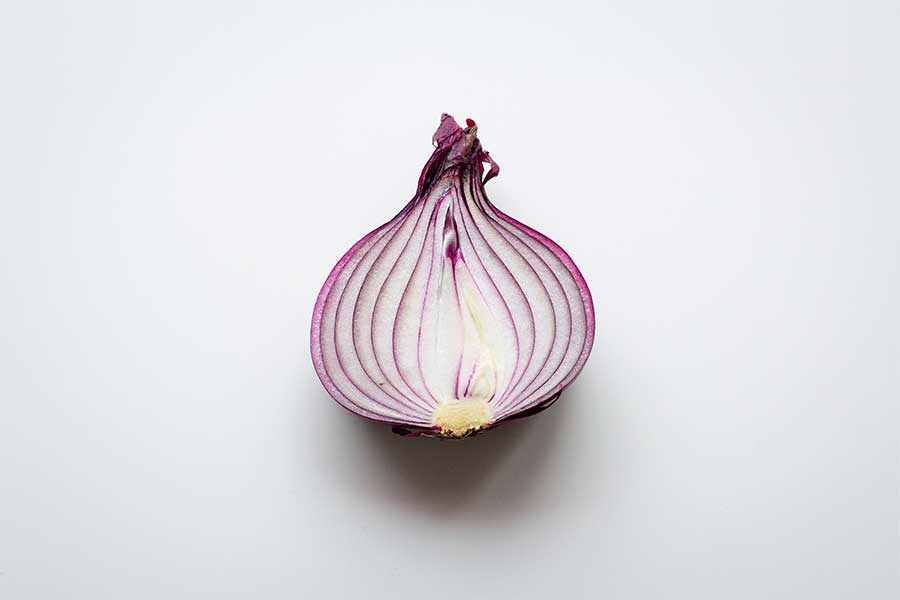
16. Onions, garlic, and chives
Onions, garlic, and chives belong to the Allium genus and they contain substances called organosulfides, which are toxic to dogs and can damage red blood cells, causing your dog to become sleepy, lethargic and weak.
-//-
In a nutshell, foods that are especially harmful to dogs include:
- Anything with alcohol
- Seeds
- Chocolate, coffee and caffeine
- Products with Xylitol
Should your pet accidentally ingest any of these items,
- Stay calm
- Monitor their symptoms (vomiting, diarrhea, muscle weakness, fatigue, etc.)
- Call your vet immediately
If you’re looking to introduce some fresh food into your pets diet instead, feel free to speak to our Petchef Advisors!
Feature Image Credit: iStock.com/Rasulos




